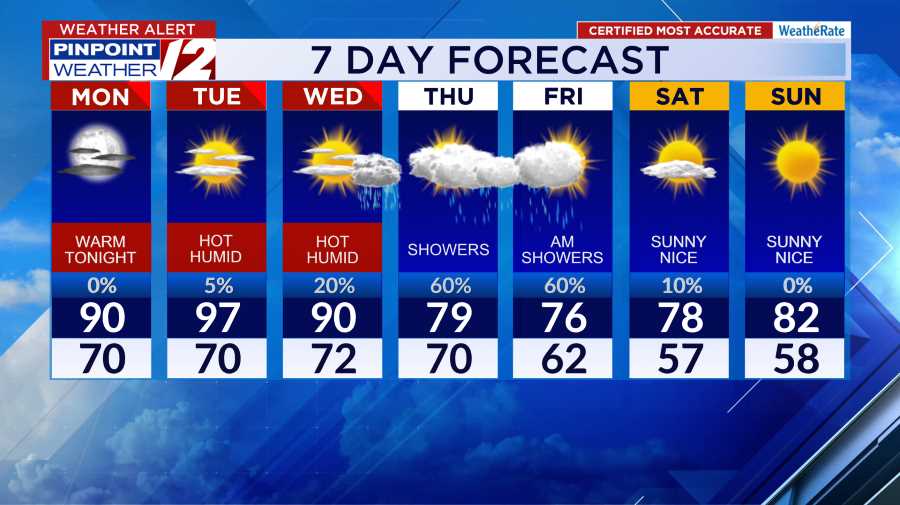PROVIDENCE, R.I. (WPRI) — A shortage of primary care physicians is being felt nationwide, including here in Southern New England.
Patients told 12 News they are having trouble finding doctors, while physicians said they can’t keep up with the demand.
Dr. Tom Bledsoe, a primary care physician at Brown Medicine in Riverside and the president of the Rhode Island Medical Society, said their office has six physicians on staff, but only one of them is accepting new patients. For new patients, there’s an eight-month wait time.
Bledsoe attributes the shortage to an aging workforce and said medical students choose other specialties over primary care.
“In primary care, Rhode Island is competing with neighboring states and we’re behind the eight ball, and in the practice of medicine, primary care is competing with other specialties,” Bledsoe explained.
Older physicians are also choosing to retire earlier than expected because of the stresses of the job, according to Bledsoe. Additionally, he said medical students are picking other specialties because of lifestyle preferences or more comfortable working hours.
Data from the U.S. Department of Health and Human Services shows 72% of the need for primary care physicians is met in Rhode Island. In Massachusetts, 44% of that need is met.
The Rhode Island Department of Health released a statement saying the issue predates the pandemic, but COVID-19 worsened the situation.
“The pandemic lead to a lot of burnout throughout the health care workforce,” spokesperson Joseph Wendelken said.
Acushnet resident Miles Grant told 12 News his physician left the his health care system last year. After he searched for another that would be a good fit and was told none of them were taking new patients, Grant resorted to having the system assign him one. That assigned physician had no openings until April 2023.
“I don’t have that many problems to deal with, and if I was somebody who was in financial distress or having some real health concerns, this would be a really traumatic process to go through,” Grant said.
At the office where Bledsoe works, the physicians had to distribute patients among themselves after two doctors left the practice. Bledsoe’s slate currently has between 1,600 to 1,700 patients.
In Rhode Island, Bledsoe also said there’s a significant discrepancy in take-home pay for primary care physicians. Bledsoe said he’s seen offers from neighboring states that pay 20% to 30% more than in Rhode Island.
“But other states have figured out how to invest in primary care in ways that we haven’t quite figured out yet,” Bledsoe added.
Wendelken noted the Health Department has programs that repay loans of primary care, dentistry, and mental health professionals who commit to practice in medically underserved communities in Rhode Island.



















